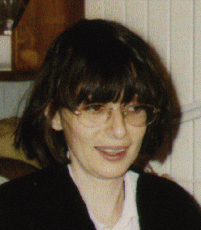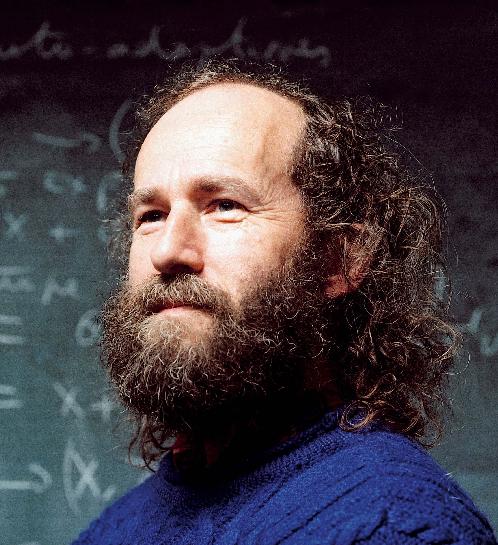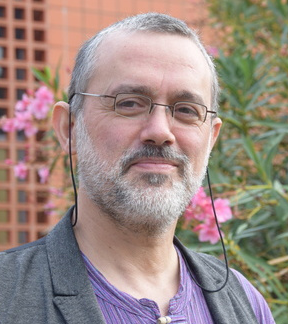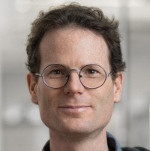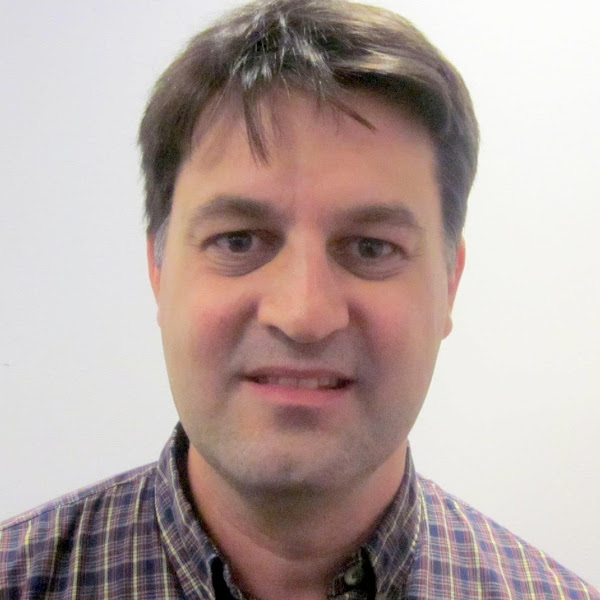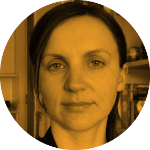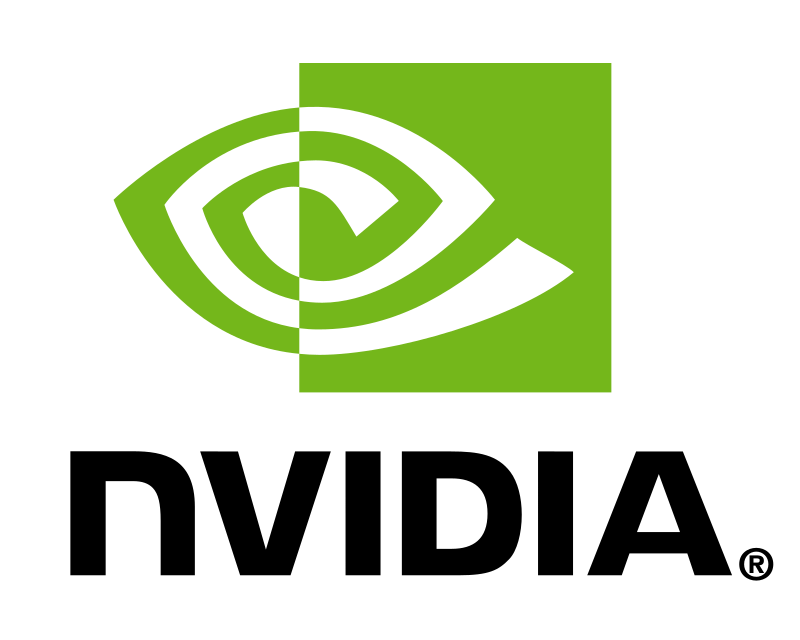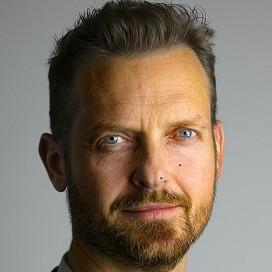With a background in maths (Ecole Normale Supérieure), Michèle Sebag went to industry (Thalès) where she started to learn about computer science, project management, and artificial intelligence. She created an AI consulting start-up, and was then offered the opportunity to start research on machine learning for applications in numerical engineering at the Solid State Mechanics Laboratory at Ecole Polytechnique. After her PhD at the crossroad of machine learning (LRI, Université Paris-Sud Orsay), data analysis (Ceremade, Université Paris-10 Dauphine) and numerical engineering (LMS, Ecole Polytechnique), she entered CNRS as research fellow (CR1) in 1991. In 2001, she took the lead of the Inference and ML group, now ML & Optimization, at LRI, Université Paris-Sud. In 2003 she founded together with Marc Schoenauer the TAO (ML & Optimization) INRIA project. Today, she works in particular on causal modeling, which she wants to use to reduce the biases of machine learning. Introducing causality into algorithms would, in particular, make the results of machine learning more explicable. She was elected at the Académie Française des Technologies; ephemeral nominated member of the Conseil National du Numérique ; member of TransAlgo and finally head of the DataIA Research programme.

